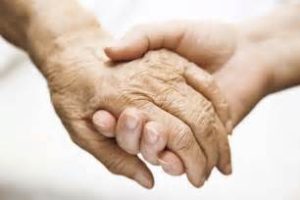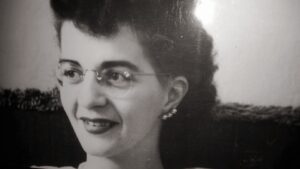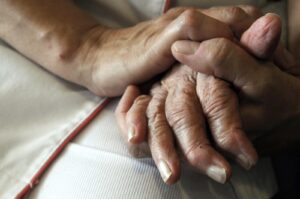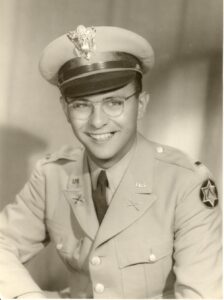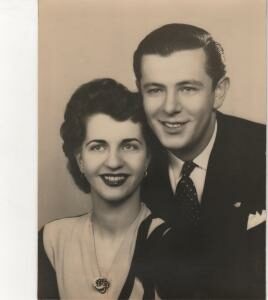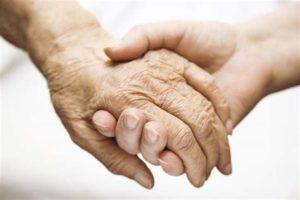I have read countless articles over many years about the value of maintaining one’s interest in matters such as, oh, national and world affairs can help stave off mental decline.
I mention this today because I just marked the 38th year since my dear mother died of complications from Alzheimer’s disease. You surely know what that ailment entails. My family and I had little knowledge of it in the early 1980s when Mom was first diagnosed with it. She left us on Sept. 17, 1984 at the age of 61.
I have learned since then, though, that mental stimulation can be used as a preventative measure to fend off the symptoms of a decline in cognition. To be brutally frank, Mom’s life essentially ended when she no longer could work. She didn’t have interests outside of home or away from her profession as an administrative secretary, a career at which she excelled for many years.
It’s strange to say this out loud, but I will anyway: I think about Alzheimer’s disease almost every time I sit in front of my computer keyboard and pound out thoughts on this or that issue. My interest in these matters has outlived my career in print journalism by more than a decade. My full-time career ended on Aug. 31, 2012. The end came suddenly but given the state of decline in newspapers at the time, it wasn’t a surprise.
I have been able to transfer my modest skill at stringing sentences together to this avocation I have enjoyed. I also am able to continue writing for other media outlets: I freelance for a weekly newspaper in Collin County and for a public radio station affiliated with Texas A&M University-Commerce. I have told my employers at both places I intend to keep writing for them until (a) they no longer want me or (b) I lose my ability to string thoughts together … whichever comes first.
If the first event occurs, at least I will have this blog to keep me engaged. My hope now is that all I have read about how intellectual stimulation can stave off Alzheimer’s-related dementia is true.
So … let’s continue to enjoy the ride.

